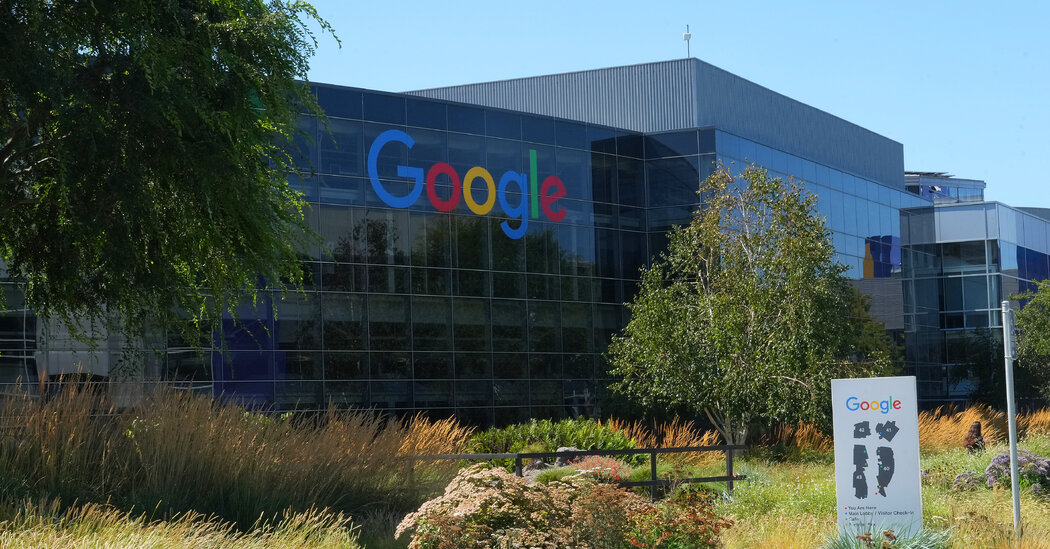
In recent months, Google has raced to resolve a backlog of lawsuits ahead of major antitrust fights with the Justice Department later this year.
The company settled its fourth case in four months on Monday, agreeing to delete billions of data records compiled on millions of Chrome browser users, according to a legal document. The lawsuit, Chasom Brown, et al. v. Google, said the company deceived users by tracking their online activity in Chrome's incognito mode, which they believed would be private.
Since December, Google has spent well over $1 billion settling lawsuits as it prepares to fight the Justice Department, which has targeted Google's search engine and its advertising business in a pair of lawsuits.
In December, Google settled a lawsuit with dozens of attorneys general claiming it would force app makers to pay high fees. Six weeks later, the company settled a case accusing it of improperly sharing users' private information from its defunct social media site, Google+. And in March, Google agreed to pay an undisclosed sum to a Massachusetts company, Singular Computing, after it was accused of stealing patent designs, a charge Google denies.
To put an end to the Incognito Mode allegations, Google has agreed to “rewrite its policies to inform users that Google collects private browsing data,” reads the settlement, filed Monday in U.S. District Court. United for the Northern District of California. Users are already able to see the landing page disclosure when they open incognito mode.
Google has agreed, for the next five years, to maintain a change to incognito mode that blocks third-party cookies by default, limiting the amount of web users that sites can track.
“This requirement ensures greater privacy for Incognito users in the future, while limiting the amount of data Google collects from them,” the plaintiffs' lawyers, led by David Boies, the high-profile lawyer, said in the document .
Google will also stop using technology that detects when users enable private browsing, so it will no longer be able to track people's choice to use incognito mode. While Google will not pay the plaintiffs as part of the settlement, individuals have the option to sue the company for damages.
Google said in a statement that the lawsuit was baseless.
“The plaintiffs initially wanted $5 billion and will receive none,” said José Castañeda, a Google spokesman. “We are happy to eliminate old technical data that has never been associated with an individual and has never been used for any form of personalization.”
The trial was scheduled to begin in early February, although the parties said in December they had reached a settlement.
“The settlement prevents Google from surreptitiously collecting user data worth, according to Google's estimates, billions of dollars,” Boies said Monday.
